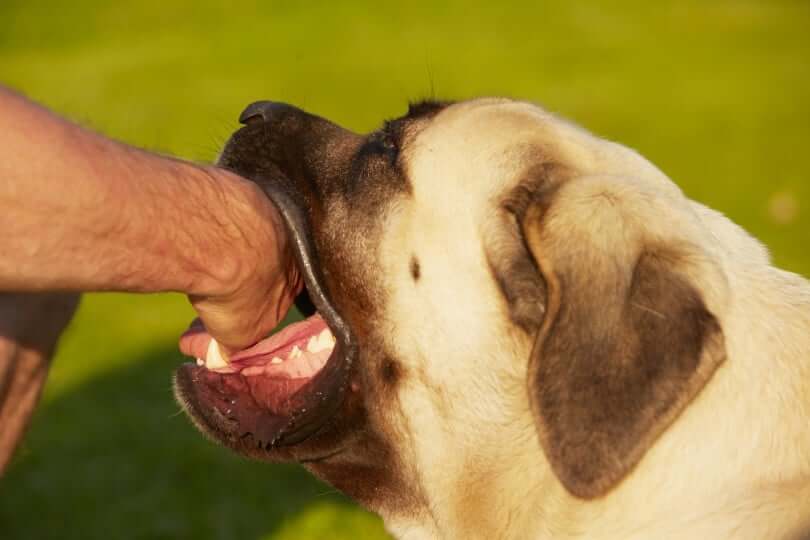
The Danger of Rabies - This Is What You Need To Know
A week ago a young man died due to a rabies infection in the northern town of Chekka. The infection had been caused by a dog bite because his neighbor and friend had not vaccinated his dog. In this context, we think it is important to spread the word about rabies and the precautions dog parents can take to protect their pets and others from catching this fatal disease.
What is rabies?
Rabies is a disease caused by a virus which is transmitted from animals to humans.It is almost always fatal following the onset of clinical symptoms. There are two clinical manifestations of rabies – frantic and paralytic. Frantic rabies is most common form of human rabies. Dogs are the main source of human rabies deaths, contributing up to 99% of all rabies transmissions to humans but there are also reports of human rabies due to bites of cats, mongooses, jackals, foxes, wolves and other carnivorous animals. Rabies can affect both domestic and wild animals.
How is rabies transmitted?
The disease is spread from animals to people through bites or scratches, usually via saliva.
What to do after a dog bite?
If a person is bitten by an animal the wound(s) should be washed and flushed immediately
with soap and water for 10–15 minutes. This is the most effective first-aid treatment against
rabies. Wounds should be cleaned thoroughly with 70% alcohol/ethanol or povidone-iodine, if available. Avoid covering the wound with bandages.
Most important, if you are not 100% sure the animal that bit you is vaccinated against rabies, visit a healthcare facility for further treatment. Post-exposure rabies prophylaxis (PEP) shot is compulsory if you are bitten by a dog, cat or other animal that is rabid or is suspected to be infected with rabies.
What are the symptoms of rabies in dogs?
Drastic changes in dogs behavior can be a sign, including:
- excessive salivation or foaming at the angles of
the mouth
-a change in sound e.g. rough barking and
growling or inability to make a sound
-biting without any provocation
-eating abnormal items such as sticks, nails,
faeces, etc.
-running without reason
How do I vaccinate my dog?
If you get a puppy, the first vaccination should be given at 3 months of age, a boost a month later. Many vets recommend this boost at 4 months, but some do not. If you are in doubt, best is to discuss it with your trusted vet. The next shot will be administered one year later and from then on they should be given boosters every year.
Were you a little bit forgetful about your dogs rabies boosts? Don’t panic, just make sure to schedule a vet visit soon. Only with everybody being responsible this way, tragic incidents like the one last week can be prevented in the future.
Sources: https://pets.webmd.com/pet-vaccines-schedules-cats-dogs#1
http://www.who.int/mediacentre/factsheets/fs099/en/

Leave a comment